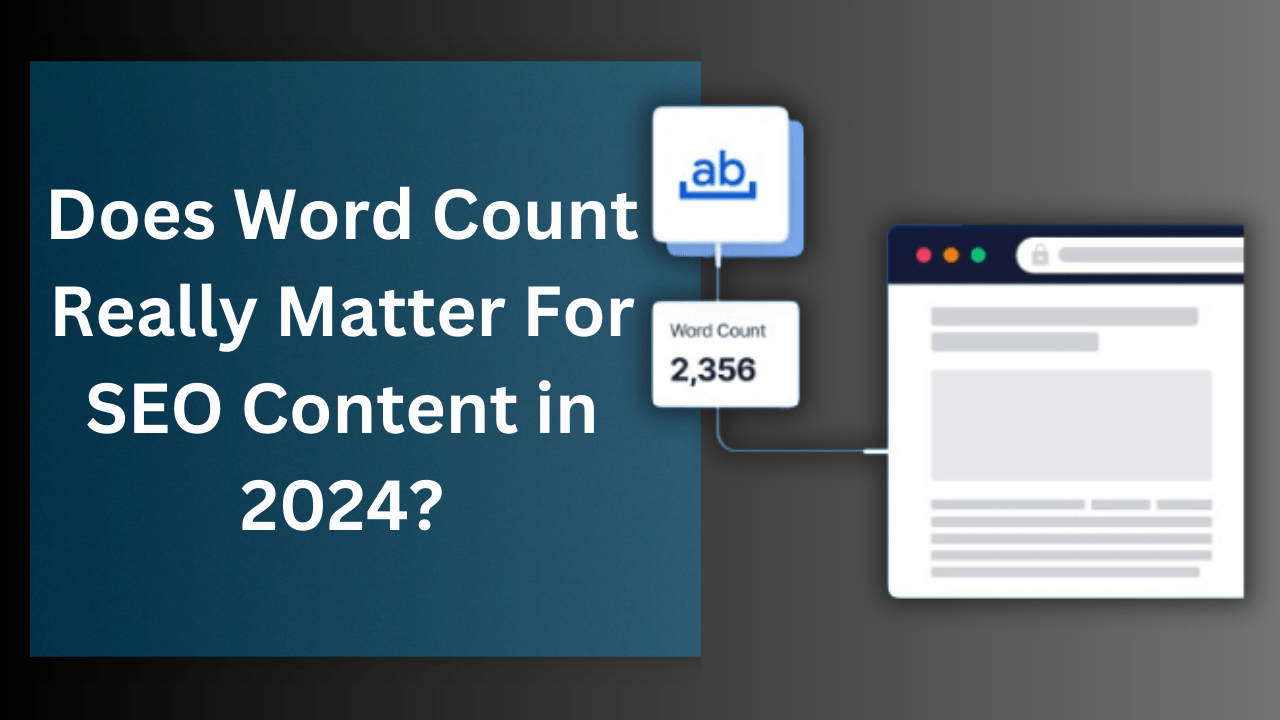In the ever-evolving landscape of SEO, one question persists: Does word count matter for SEO content in 2024? While some argue that lengthier content ranks better, others emphasize the importance of quality over quantity. In this guide, we'll explore the current relevance of word count in SEO, backed by recent trends and expert insights.
The Evolution of SEO and Word Count
Historical Context
In the early days of SEO, longer content often meant better rankings. Search engines favoured detailed articles, associating length with thoroughness and authority.
Changes Over Time
As search algorithms became more sophisticated, the focus shifted from sheer word count to the quality and relevance of the content. Major updates, such as GoogGoogle'sT and MUM, prioritize understanding user intent and context.
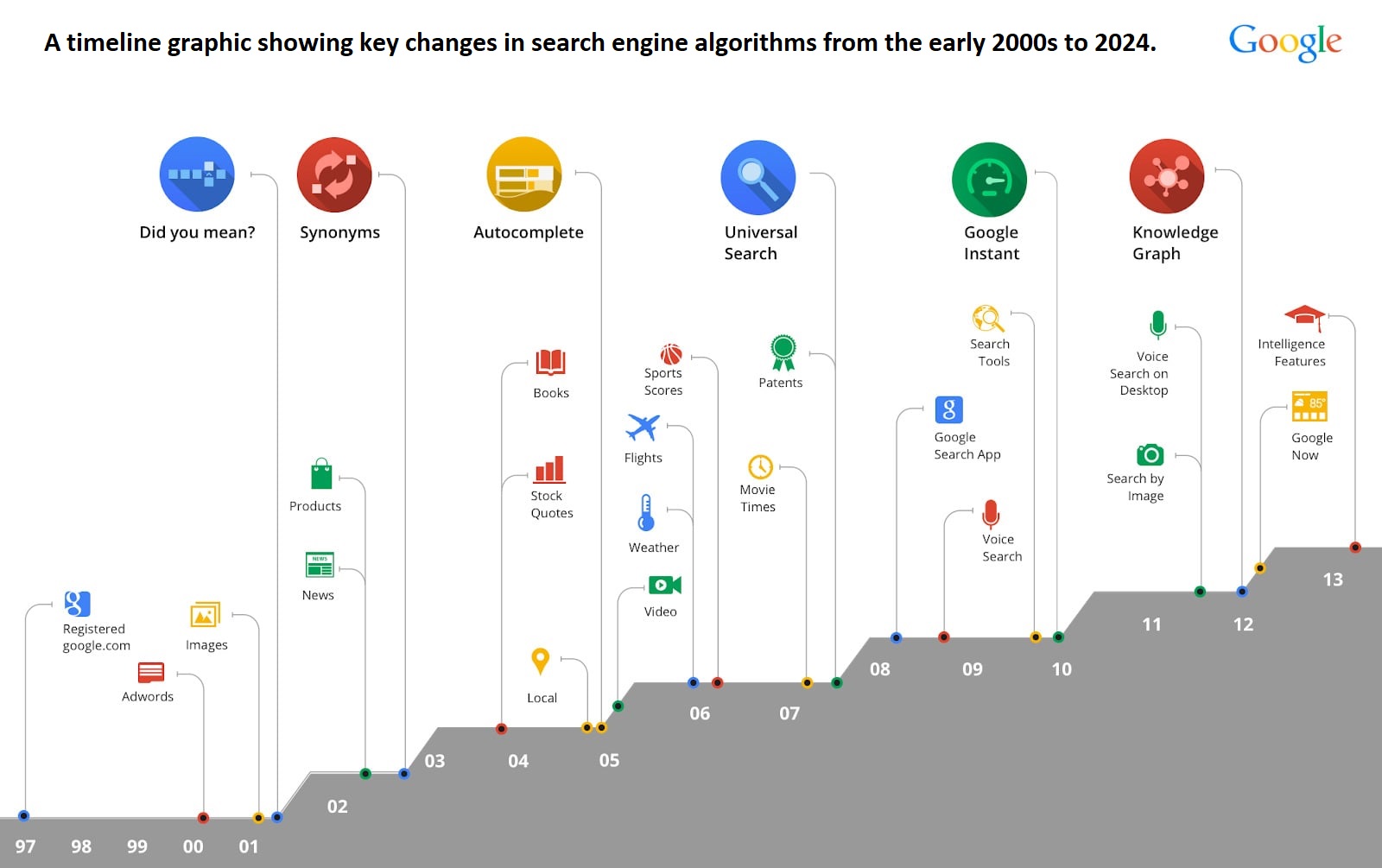
The Current SEO Landscape in 2024
Algorithm Updates
In 2024, search engines will continue refining their algorithms. Google updates emphasize user experience (UX), relevance, and content depth rather than just word count.
User Intent and Behavior
Understanding user intent is crucial. Regardless of length, content that directly answers user queries is more likely to rank higher. Modern SEO strategies focus on delivering value and satisfying search intent.
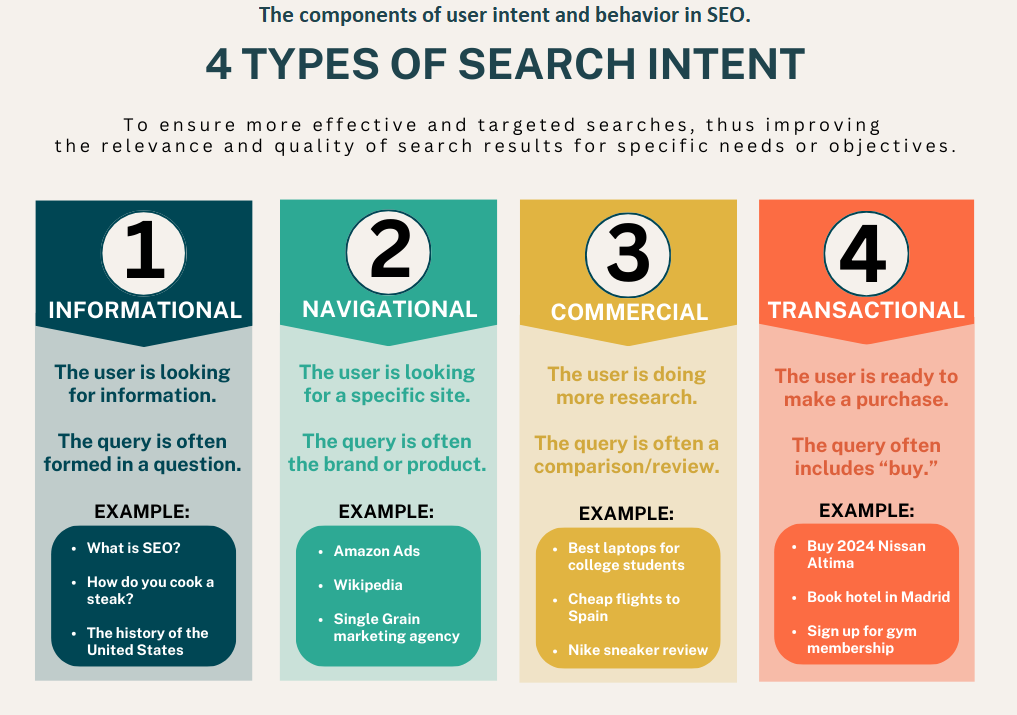
Analyzing the Role of Word Count in 2024
Content Quality vs. Quantity
While longer articles can provide more comprehensive information, they are not inherently better. Quality, relevance, and engagement are the proper drivers of SEO success.
Research Findings
Recent studies show mixed results. Some high-ranking pages are lengthy, but others are concise and directly answer user queries. It's that there isn't a one-size-fits-all approach.
Industry Examples
- Long-Form Content: An in-depth guide on "how" to start a blog" with over 3,000 words.
- Short-Form Content: A 500-word article ranking well for "best" VPN for privacy."
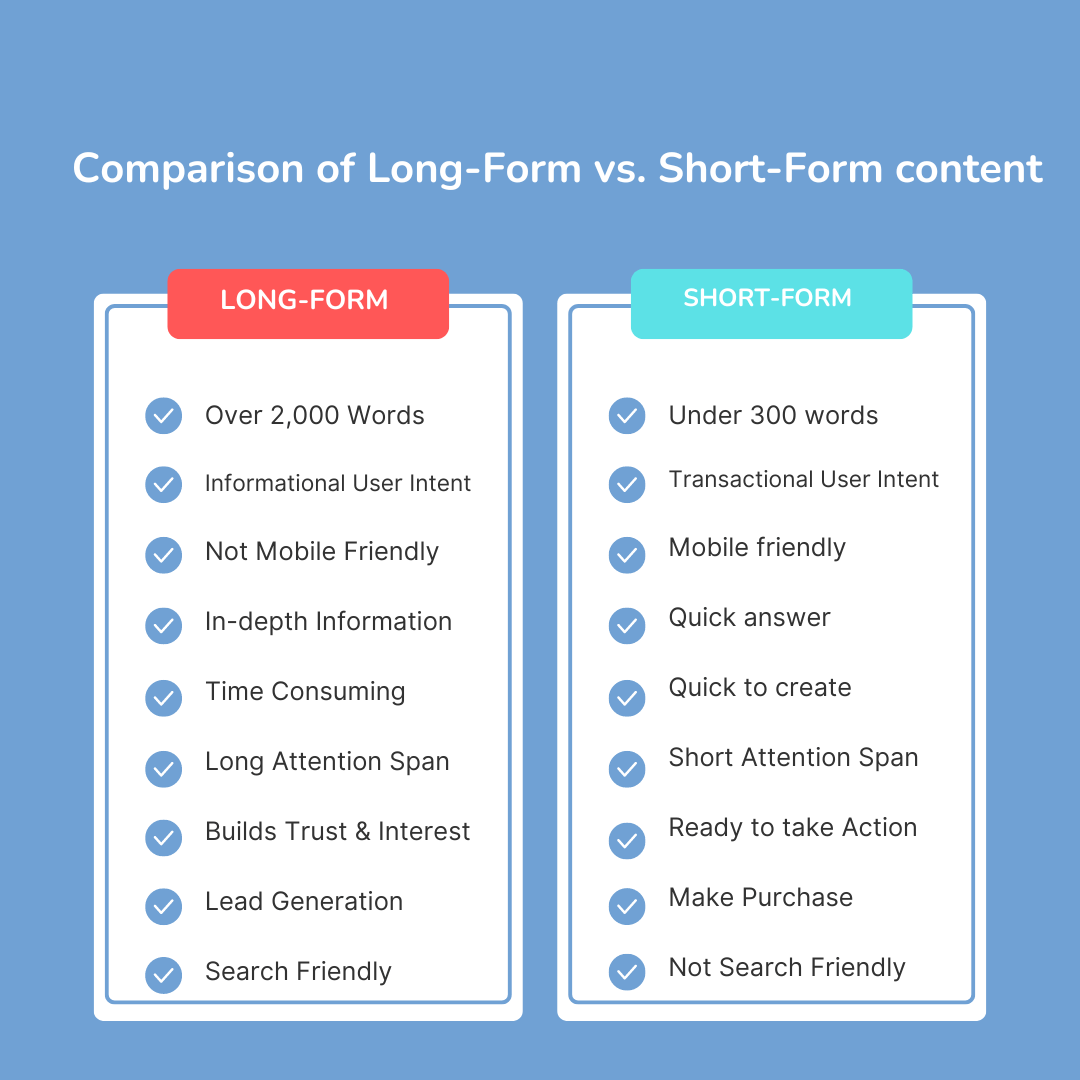
F"Actors More Important Than Word Count
Relevance and Depth
Content must address the topic thoroughly and provide valuable insights. Depth and relevance are more critical than length.
User Experience (UX)
Search engines prioritize pages with good UX, including readability, fast loading times, and mobile-friendliness.
Engagement Metrics
Metrics like time on page, bounce rate, and social shares significantly impact SEO. Engaging content keeps users on the page longer and encourages interaction.
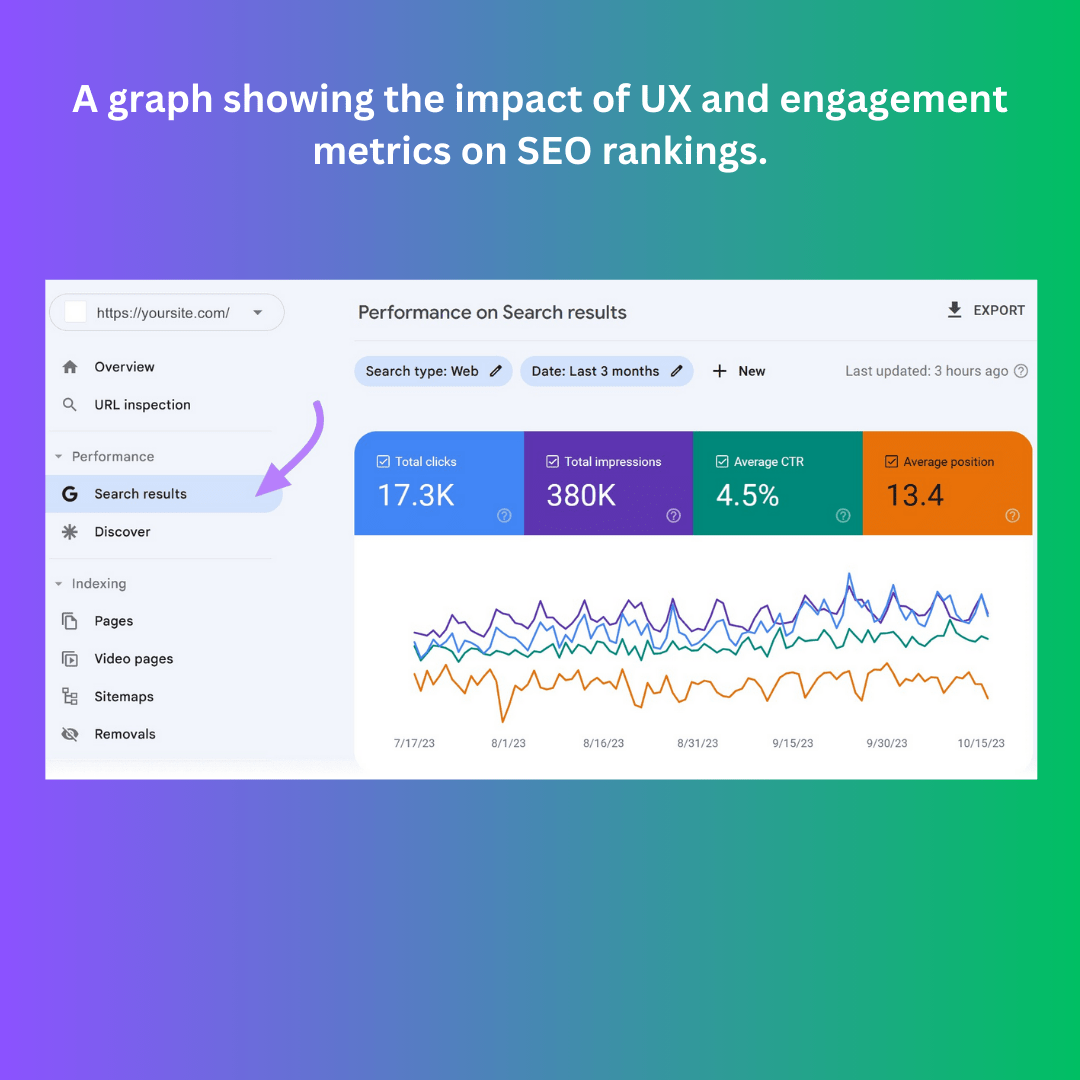
Practical Content Strategy Tips for 2024
Content Planning
- Identify User Needs: Use tools like Google Analytics and Search Console to understand what your audience is searching for.
- Outline Clearly: Plan your content to cover all necessary points without fluff.
Keyword Optimization
- Research Tools: Use keyword research tools to find relevant keywords.
- Natural Integration: Incorporate keywords naturally within the content.
Incorporating Multimedia
- Videos and Images: Enhance your content with relevant videos, images, and infographics.
- Interactive Elements: Use quizzes, polls, and charts to engage users.
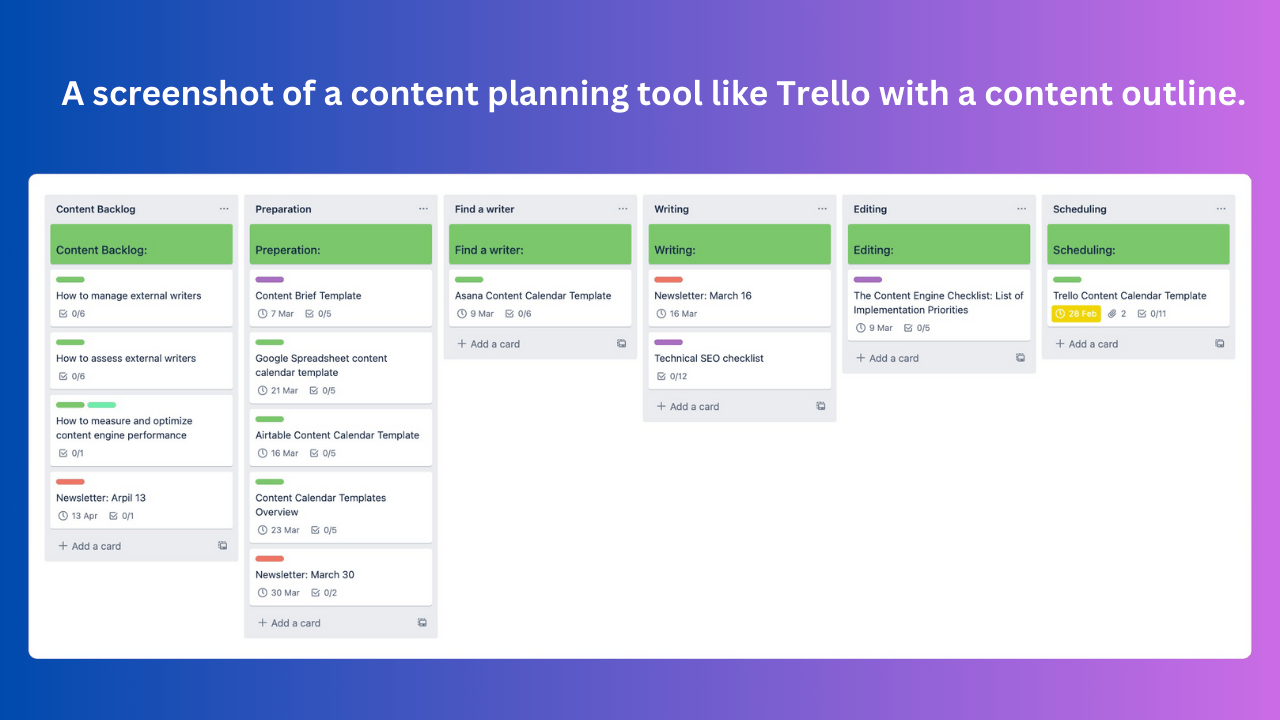
Case Studies and Examples
Success Stories
- TechCrunch: Uses a mix of long and short articles, focusing on relevance and depth.
- Neil Patel: Combines long-form content with engaging multimedia and comprehensive keyword research.
Common Mistakes
- Overemphasis on Length: Creating unnecessarily long content that dilutes the main message.
- Neglecting UX: Ignoring the importance of site speed, readability, and mobile optimization.
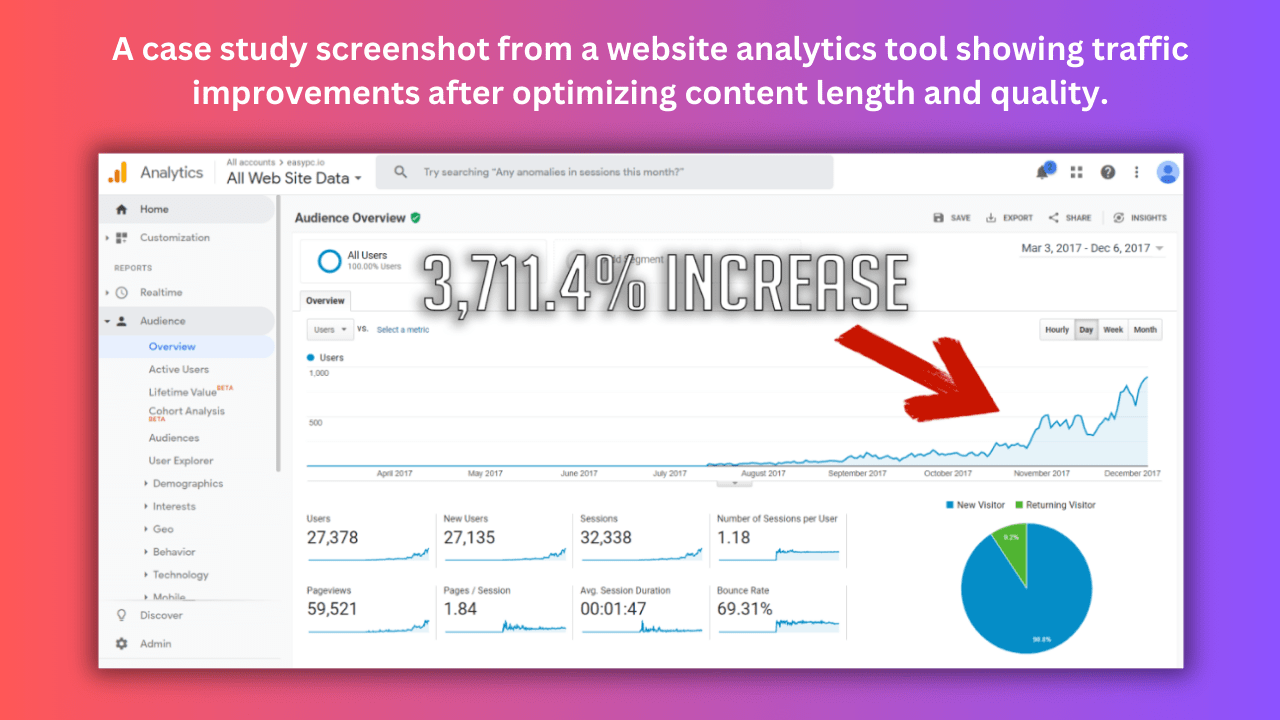
Conclusion
Summary of Key Points
- Quality and relevance outweigh sheer word count.
- User intent and engagement metrics are crucial.
- Effective content strategy involves thorough planning, keyword optimization, and multimedia integration.
Future Outlook
As search algorithms evolve, staying updated with SEO trends and focusing on user-centric content will remain essential.
Final Thoughts
In 2024, while word count can contribute to SEO success, it's the ultimate factor. Prioritizing content quality, relevance, and user experience will yield the best results.
Additional Resources
Tools and Plugins
- SEO Tools: SEMrush, Ahrefs, Moz, FluxyTools SEO Tools
- Content Optimization: Grammarly, Yoast SEO
- Analytics: Google Analytics, Search Console
